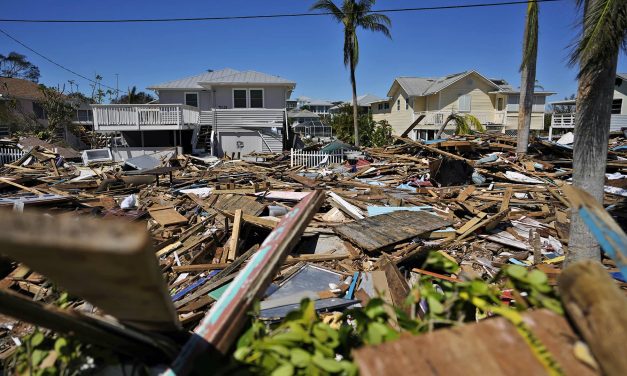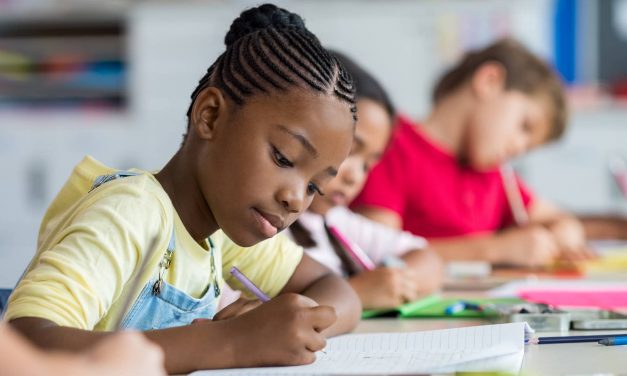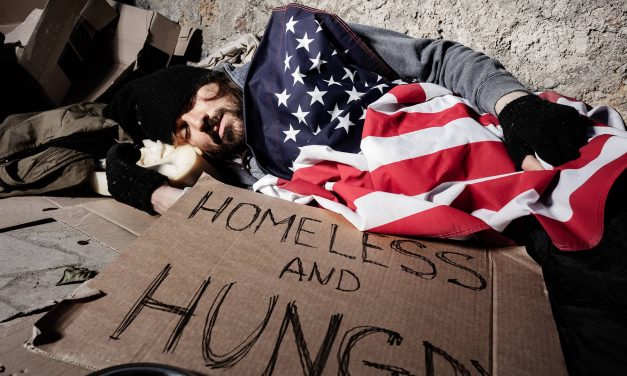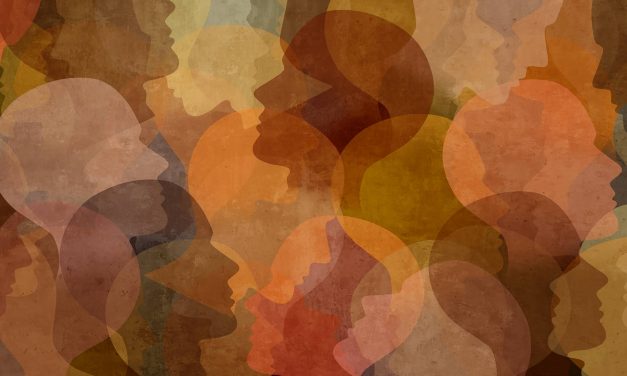The Matthew Effect: How even middle class families face growing inequality after natural disasters
By Anna Rhodes, Assistant Professor of Sociology, Rice University; and Max Besbris, Assistant Professor of Sociology, University of Wisconsin-Madison Friendswood, Texas, is the type of community that one might think of as a “best case scenario” when it comes to recovering from a disaster. It is a small tight-knit town with well-resourced residents and a strong social infrastructure of local institutions that provided a huge outpouring of support in the immediate aftermath of Hurricane Harvey in 2017. It is also the type of community that typically receives a disproportionately high amount of aid from the Federal Emergency Management Agency...
Read More















